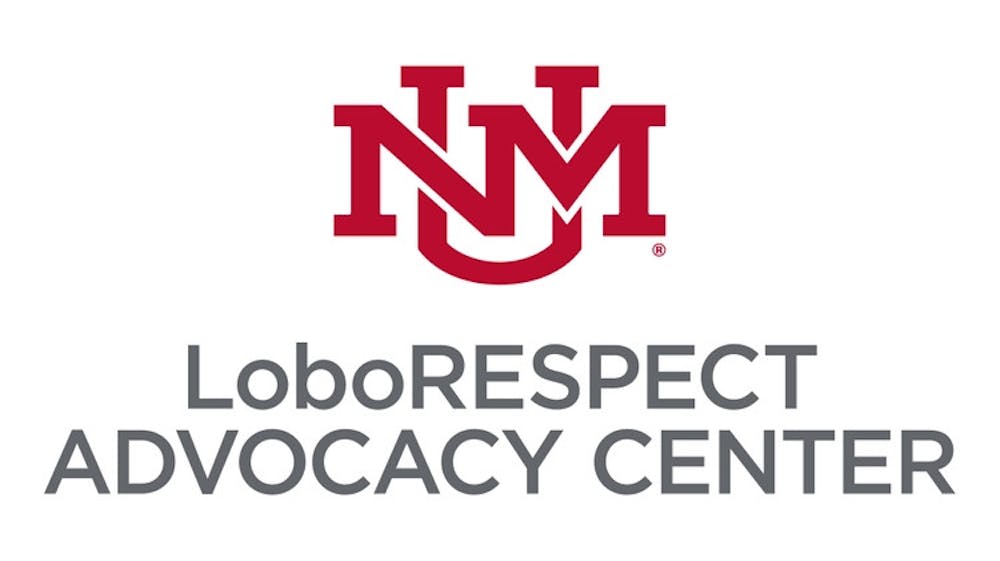The New Mexico Senate passed an amended bill Tuesday, Feb. 13 that would require state-funded colleges to include affirmative consent in their policies and procedures on sexual activity.
House Bill 151, sponsored by Rep. Elizabeth Thomson (D) and four other House Democrats, defines affirmative consent as “affirmative, conscious and voluntary agreement to engage in sexual activity.”
Affirmative consent cannot be given by a party who is unconscious or incapacitated, cannot be implied or assumed and can be revoked at any time, according to the bill.
“With this, I’m hoping that particularly women – but everyone – realizes that their body belongs to them. They don’t owe anybody anything. Taking you out for dinner doesn’t mean you owe them sex. Being their girlfriend doesn’t mean you owe them sex,” Thomson said.
The Senate amended HB 151 to remove requirements around college responses to incidents, like providing those who file complaints of sexual assault, domestic violence, dating violence, harrassment or stalking with on-campus and community resource contact information. The bill passed 24-13 in the Senate; the House concurred with the amendments on Wednesday, Feb. 14.
“(The amended bill) was a very, very slimmed down version, but it’s enough for the universities and colleges to start,” Thomson said.
HB 151 states that bystanders who witness and report incidents will not be subject to disciplinary action if they were violating student conduct policy during an incident, unless the violation was “egregious.” This means students who may have been illegally drinking alcohol or consuming drugs while witnessing incidents do not have to worry about consequences when reporting, Thomson said.
“Bystanders who are underage drinking or doing illicit drugs didn’t come forward because they were afraid there would be punishment for them being in that kind of situation, and this bill takes that away,” Thomson said.
Heather Jaramillo – Director of Equal Opportunity at the University of New Mexico Office of Compliance, Ethics & Equal Opportunity – wrote that HB 151 should not impact UNM’s current policies, as they already include an affirmative consent standard.
Section 8 of UNM Policy 2740: Sexual Harassment Including Sexual Assault defines consent as “an affirmative, informed and conscious decision to willingly engage in mutually acceptable sexual activity.”
The policy was last updated in August 2020.
“Consent cannot be assumed from a person’s silence, passivity or lack of active engagement or participation in the sexual activity. Consent is a purposeful, intentional act,” Jaramillo wrote.
Get content from The Daily Lobo delivered to your inbox
HB 151 would also require colleges to implement “awareness prevention programs” that describe different prevention strategies for sexual harassment. These would have to be included in incoming student orientation.
LoboRESPECT Advocacy Center provides sexual assault prevention education through training called The Grey Area, required for all incoming UNM students, according to LoboRESPECT Advocacy Center Director and Confidential Campus Advocate Lisa Lindquist. The center works with students who have experienced sexual violence to offer them confidential support services, Lindquist said.
“(The Grey Area) training covers a wide variety of topics, including consent culture and affirmative consent,” Lindquist said.
The prevention education focuses on teaching students how to give and ask for ongoing consent, identifying healthy relationships and practicing bystander intervention skills, according to Lindquist. Affirmative consent on college campuses is important – especially for freshmen and sophomores – because it encourages people to have conversations so they can get to the best place, Lindquist said.
“You’re coming to college and you’re negotiating a completely new landscape around relationships, intimacy, exploring, experimenting, trying to figure out what you like and what you don’t like,” Lindquist said.
Thomson first introduced a version of HB 151 around five years ago, she said, after a coalition of 18 groups – including Planned Parenthood and the American Civil Liberties Union – asked her to consider affirmative consent as the standard for K-12 schools and higher education. Since then, it has repeatedly gotten stuck in the Senate, Thomson said. Next year, she said she thinks legislation on affirmative consent will return.
The 2024 Regular Legislative Session ended Thursday, Feb. 15, and HB 151 will now be considered by Gov. Michelle Lujan Grisham to sign into law.
“I think the one thing I hope will come out of this is that everyone will realize that their own body is their own body and no one has rights to any part,” Thomson said.
Lily Alexander is the news editor for the Daily Lobo. She can be reached at news@dailylobo.com or on Twitter @llilyalexander
Lauren Lifke is the managing editor for the Daily Lobo. She can be reached at managingeditor@dailylobo.com or on Twitter @lauren_lifke
Lauren Lifke is the managing editor for the Daily Lobo. She can be reached at managingeditor@dailylobo.com or on Twitter @lauren_lifke
Lily Alexander is the 2024-2025 Editor of the Daily Lobo. She can be reached at editorinchief@dailylobo.com or on Twitter @llilyalexander






